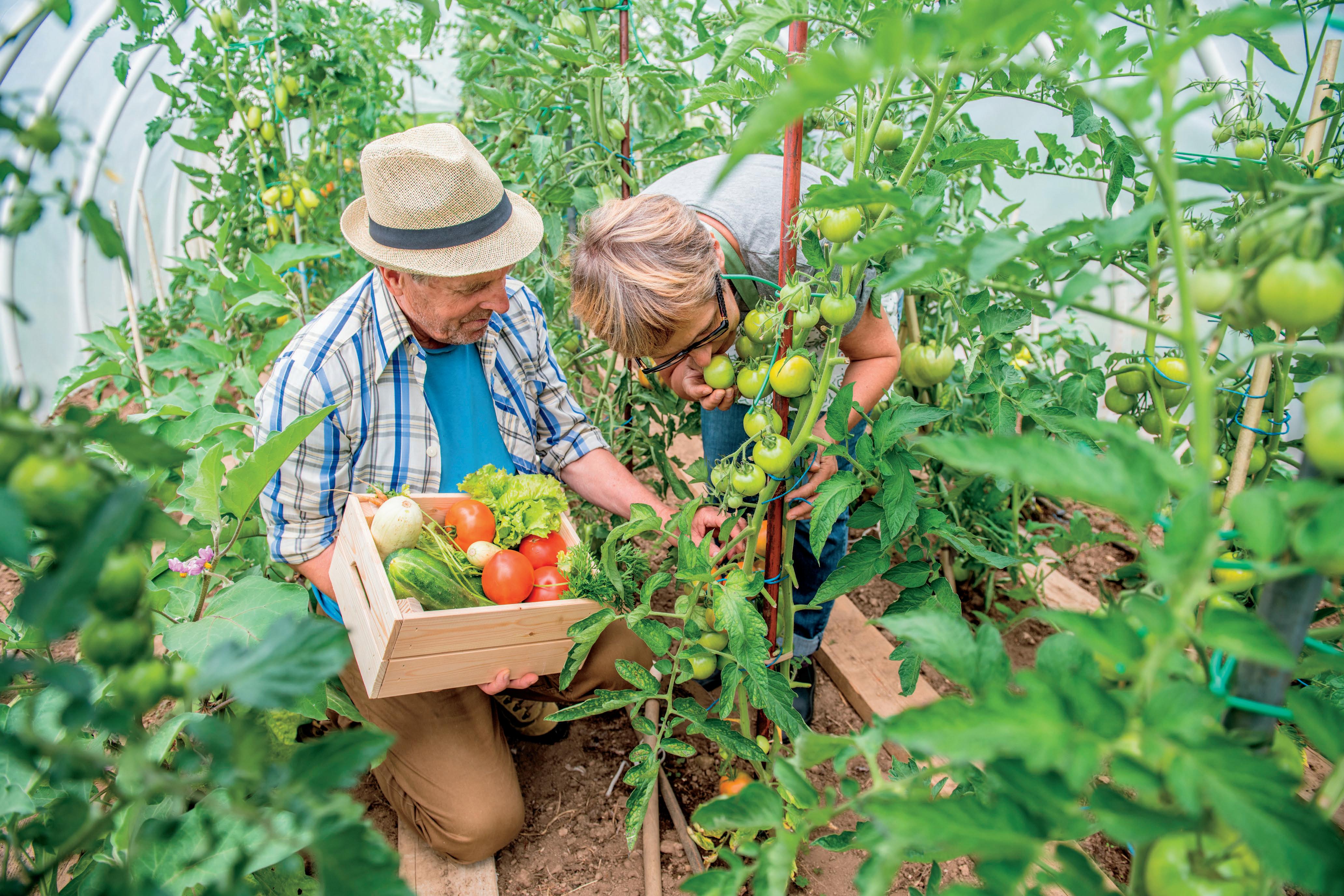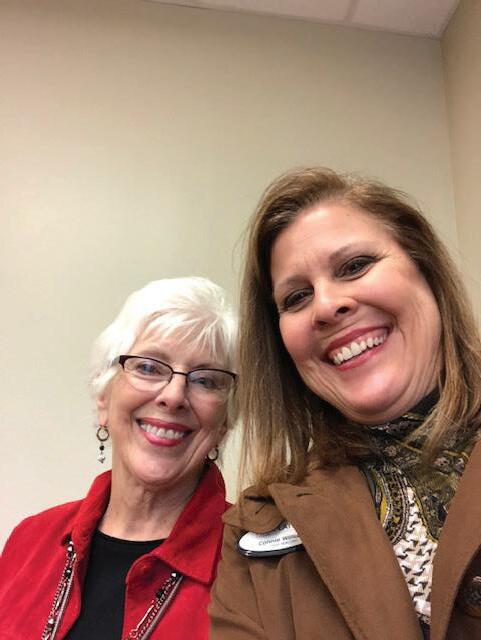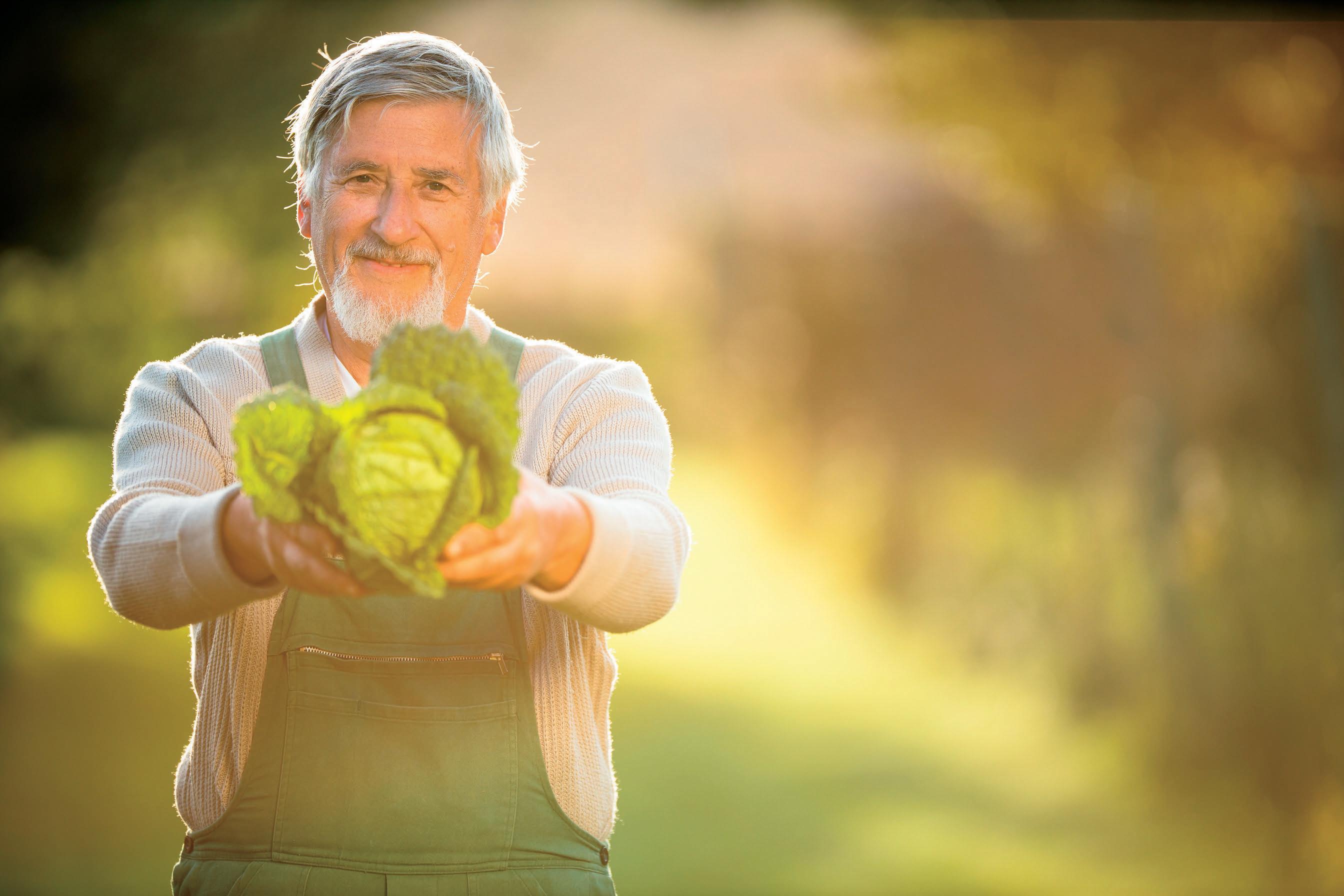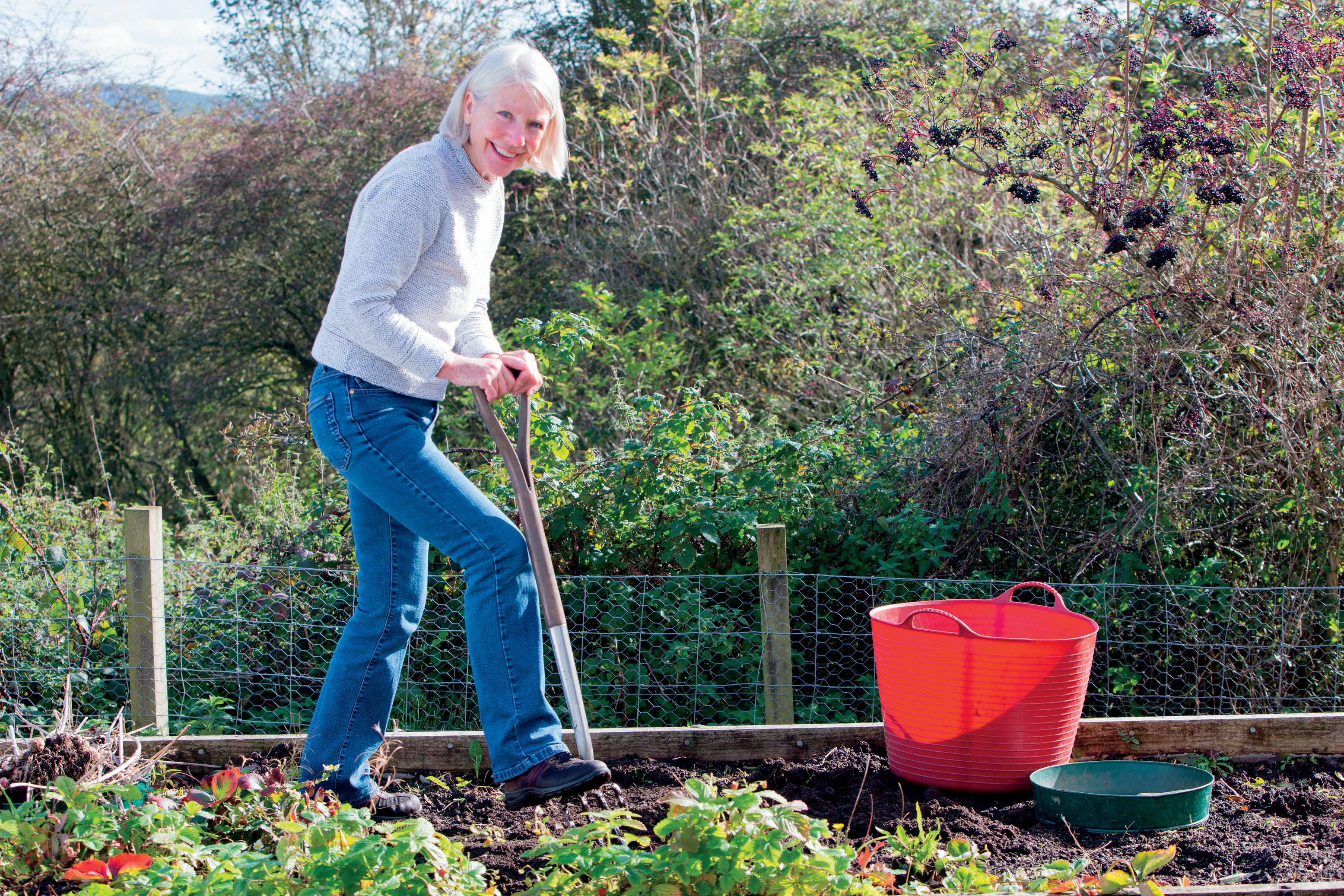
2 minute read
IMAGINE HARVESTING FROM YOUR GARDEN
Imagine hand-picked fruits and veggies grown from your own garden. In Issue 25 we looked at where and how to get help with food needs. I wanted to carry this one step further and talk about how you can help yourself. Let’s talk gardens and the versatility of what your “garden” might look like.
I grew up planting, weeding, harvesting, and canning from our garden and from my paternal grandparents’ garden. Our garden was about a quarter acre and my grandparents’ garden was over two (2) acres. Everyone worked the gardens and everyone reaped the rewards. Now that I live in an apartment my garden consists of three (3) large flower pots.
Skyline Ministries has a garden program with two purposes: to provide fresh produce for the Food Resource Center and to offer patrons the opportunity to learn more about gardening. Seasonal gardening classes are led by the garden program manager.




“Many people think gardening and growing begin in the spring. Actually, growing begins in the fall and happens year-round. You need to know what to grow, how it grows, and when.” stated Travis Andrews, Garden Program Manager at Skyline
Urban Ministries. He has tips and suggestions to help you get started with your garden.


There are Urban Farming classes open to the public at Skyline on Wednesday evenings and Saturdays where you learn best practices and simple techniques for growing in an urban setting. A critical component to the gardening classes is learning how to prepare and preserve prior to refrigeration. Email Travis to sign up for the free classes. tandrews@ okcskyline.org
Skyline uses composting to utilize waste and produces organic liquid fertilizer that is used in the greenhouse and gardens. Skyline can help you learn how to produce compost in your own home.
There are a wide variety of crops that may be grown in a flower pot or window box. Select the crops you want to grow each season and plant accordingly. Many plants grow and produce well in containers, for example, radishes, leaf lettuce, strawberries, blueberries, greens, cherry tomatoes, spinach, peppers, and a large selection of squash and zucchinis. Make sure to select seed varieties suitable for containers and containers sized appropriately for the varieties you’re planting.



Knowing how to start your produce is critical. Some seeds are best directly planted in soil. Others are best started indoors and transplanted as seedlings outdoors after fear of possible frost. You can also go to a garden center to select plants making sure they are vibrant and healthy. Potting soil and liquid fertilizer are keys to growing healthy plants in containers. There are organic of each available to avoid harmful chemicals.
You can volunteer in the greenhouse and gardens by contacting Skyline Ministries at 405-605-3094 or emailing tandrews@ okcskyline.org. As a volunteer you will learn to cultivate your own garden; help the Food Resource Center provide more fresh food to clients; and, enjoy fresh fruits and veggies at your own table. Seeing the fruits of your labor can give you a sense of accomplishment, purpose, and pride in being more self-sufficient.










